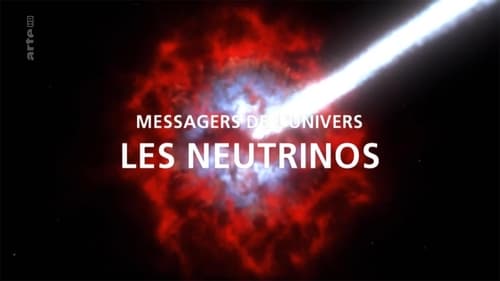
Cinematography
From 1938-1939, the systematic anti-Semitism of Adolph Hitler and the Nazis led to violence and despotism towards Jewish citizens, along with the exploitation of Jewish property. Tax inspectors, bailiffs, pawnbrokers, and auctioneers were among the major profiteers of the Holocaust. This documentary goes on a hunt for relics of the past and those who've profited most from the injustices of WWII.

Camera Operator
Документальный фильм, рассказывающий о рождении новой нейтринной астрономии. Нейтрино - наиболее распространенные и загадочные элементарные частицы. Они недоступны глазу, а их масса неизвестна. Кроме того, нейтрино не имеют электрического заряда и плохо взаимодействуют с другим веществом. Как же их обнаружить? Смогут ли эти частицы стать ключом к разгадке тайн Вселенной? Впервые астрофизики попробуют найти внеземные нейтрино во льду Южного полюса.

Camera Supervisor

Cinematography
Christmas Eve in Berlin Two people in a taxi. A mysterious woman, a grumpy driver. An encounter. In the end, an end but also a beginning.

Cinematography
Documentary about Hans Zimmer.

Cinematography
Den Traum vom Lebensabend im sonnigen Spanien haben sich inzwischen immer mehr Deutsche erfüllt. Die iberische Halbinsel wird bei Aussteigern immer beliebter. Eher zufällig kommt in Peter Lichtefelds „Playa Del Futuro“, seinem erst zweiten Projekt in Spielfilmlänge, der Protagonist mit diesem Lebensziel in Berührung, denn eigentlich ist er nur auf der Suche nach einem besseren Job und seiner großen Liebe.

Cinematography
Comedy drama about one of life's perennial losers who finally strikes it lucky with a beautiful woman, but not before experiencing the usual seemingly endless pitfalls.

Director of Photography
If we compare ourselves with our genetically closest living relatives, the chimpanzees, we have few physical advantages. We are far weaker, cannot move nearly as fast, and do not have the same climbing capabilities. Instead, humans excel in areas such as architecture, religion, science, language, writing, art, culture, and ideas. These achievements are due to our larger brain that contain billions of neurons. It was the rapid growth of our brain, originating about 2 million years ago, that allowed us to be the predominant species of the world. What caused this rapid growth of our cerebral cortex? Researchers worldwide have asked this question for many years, but now there finally seems to be an answer.





